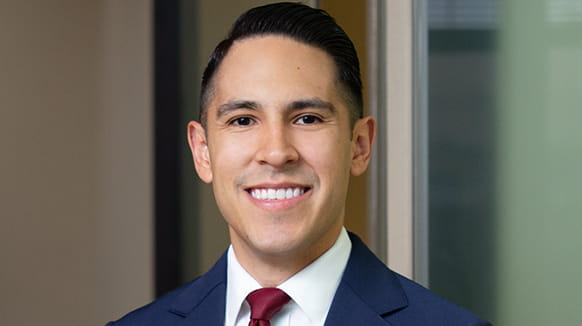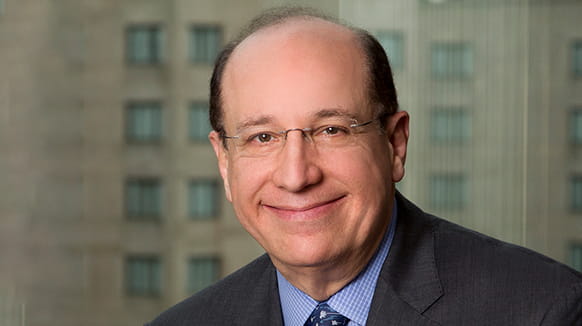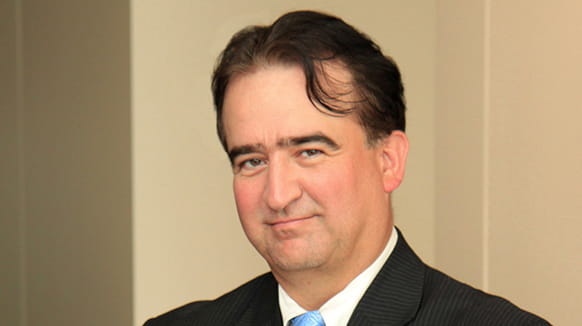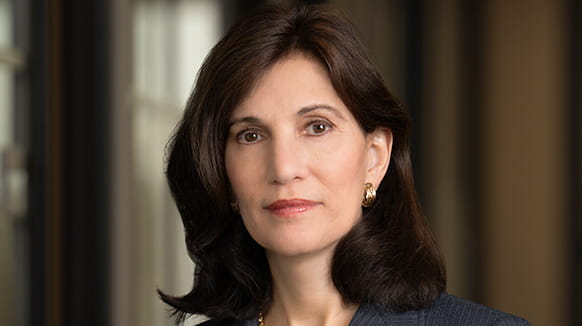Energy Transition
As energy industry participants explore options for managing their carbon output and transitioning to new technologies, our lawyers have been helping clients in the oil and gas as well as power and renewables sectors in their efforts to make these changes while meeting their needs for fuel and power.
We bring a team of lawyers who are well-versed in marketplace trends, regulation, environmental regulation and new technology across the energy value chain. With more than five decades of experience in the energy industry, we understand the practical issues of companies desiring to develop and produce energy while at the same time, complying with requirements that protect the environment.
We help clients capitalize on opportunities in key areas such as clean energy generation, backup generation for clean energy, transmission, energy storage, and electric transportation infrastructure. Our team has valuable experience in helping clients in meeting their needs and meeting the challenges they face in structuring deals, managing disputes, and navigating new regulatory requirements, relating to, among other things:
- Batteries and energy storage
- Carbon Capture, Utilization and Storage (CCUS)
- Clean fuels production, transportation, storage and use
- Climate change
- Electric vehicles, infrastructure and technology
- Environmental, Social and Governance (ESG)
- Regulatory eligibility for Renewable Energy Credit (RECs)
- SEC Disclosures
- Sustainability Accounting Standards Board (SASB) and Other Metrics
- Strategic Minerals
- Sustainable finance
- Tax equity, investment tax credits, and production tax credits

Haynes Boone Advises Ironwood on Sale to Plains All American in $800M Transaction Bundle
January 09, 2025








